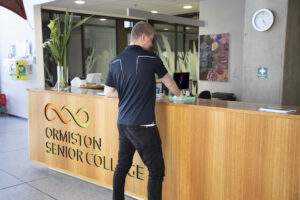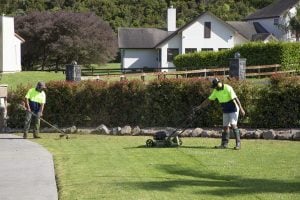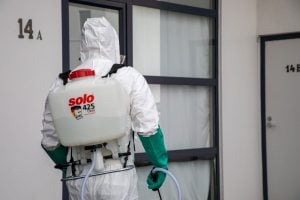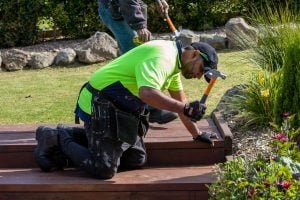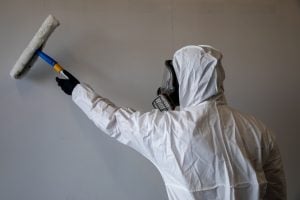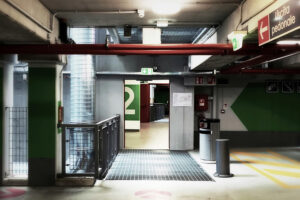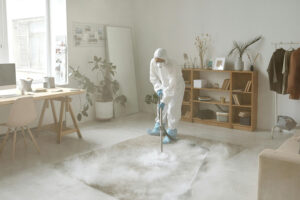In today’s fast-paced world, the safety and security of commercial properties are paramount. An effective security system not only protects assets and personnel but also provides a sense of peace of mind for property managers, tenants, and visitors. Regular maintenance of these systems is crucial to ensure they operate efficiently and effectively at all times. This guide delves into the importance of security systems and the best practices for their maintenance, offering insights into creating a safer commercial environment.
The Importance of Security Systems in Commercial Properties
Security systems are an integral part of commercial property management, deterring criminal activities, monitoring premises, and ensuring quick response in emergency situations. From access control systems to surveillance cameras and alarm systems, the right security setup can prevent unauthorised access and provide real-time alerts, safeguarding both people and property.
Key Components of a Security System
Best Practices for Security System Maintenance
To maintain the integrity and functionality of security systems, regular maintenance is essential. Here are some best practices to ensure your security apparatus remains robust and reliable.
Regular Inspections and Testing
- Routine Checks: Conduct regular inspections of hardware and software components to identify and rectify potential issues before they escalate.
- System Testing: Test alarm signals, camera feeds, and access control devices to ensure they are working as expected.
Software Updates and Upgrades
- Firmware Updates: Keep security system software up-to-date to protect against vulnerabilities and enhance functionality.
- Technology Upgrades: Consider upgrading older systems to take advantage of newer, more secure technology options.
Professional Audits and Assessments
- Security Assessments: Engage security professionals to conduct thorough assessments of your systems and identify areas for improvement.
- Compliance Checks: Ensure your security measures comply with local laws and industry standards.
Training and Awareness
- Staff Training: Provide regular training for staff on the operation of security systems and protocols for responding to security incidents.
- Occupant Awareness: Inform tenants and visitors about security measures in place and encourage their cooperation in maintaining a secure environment.
Addressing Common Security System Challenges
Implementing and maintaining a security system comes with its set of challenges, from technical issues to human factors. Here are strategies to overcome these challenges:
- Power Backup Solutions: Implement uninterruptible power supplies (UPS) to ensure security systems remain operational during power outages.
- Redundant Systems: Use redundant system components to provide backup in case of failure, ensuring continuous protection.
- User Access Management: Regularly update access permissions to reflect changes in personnel, minimising the risk of unauthorised access.
Leveraging Technology for Enhanced Security
Advancements in technology offer new opportunities to enhance security measures.
- Artificial Intelligence (AI) and Analytics: Use AI-powered cameras and analytics for advanced threat detection and behavioural analysis.
- Cloud Storage: Utilise cloud storage solutions for secure, scalable, and accessible data storage.
- Mobile Integration: Allow for remote monitoring and management of security systems via smartphones or tablets for increased flexibility and control.
The safety and security of commercial properties are non-negotiable. By investing in high-quality security systems and adhering to best practices for their maintenance, property managers can ensure the safety of their assets, personnel, and tenants. Regular inspections, professional audits, staff training, and technological upgrades are essential components of a comprehensive security strategy. With the right approach, commercial properties can achieve the highest standards of security, providing peace of mind for all stakeholders.



